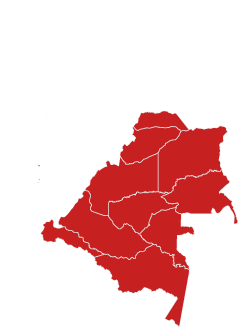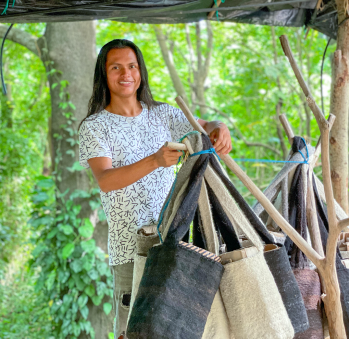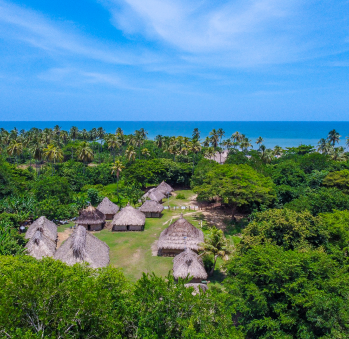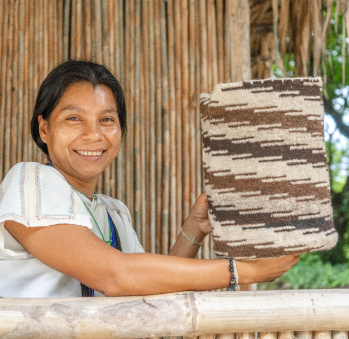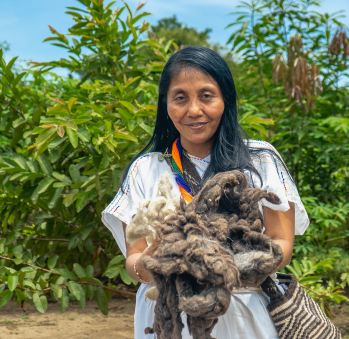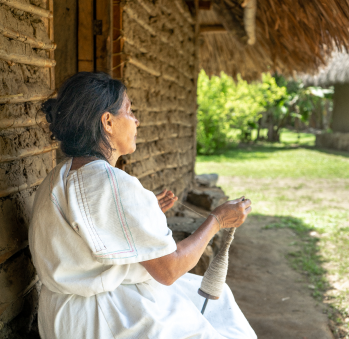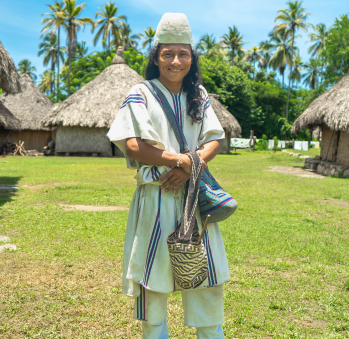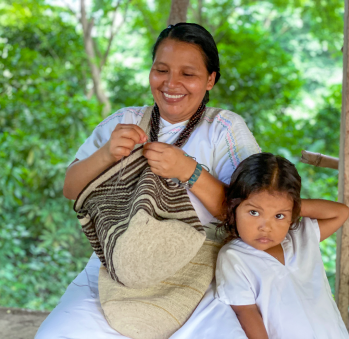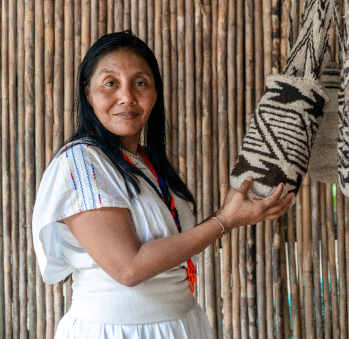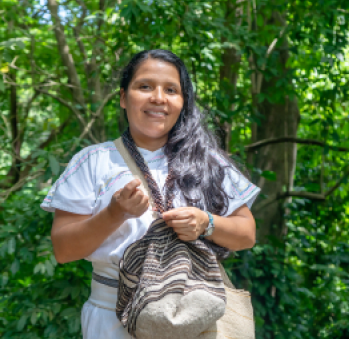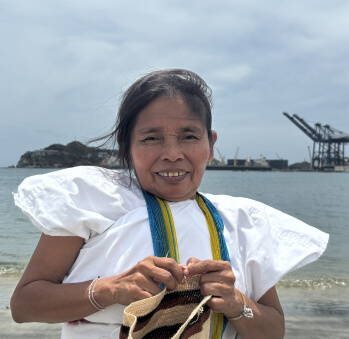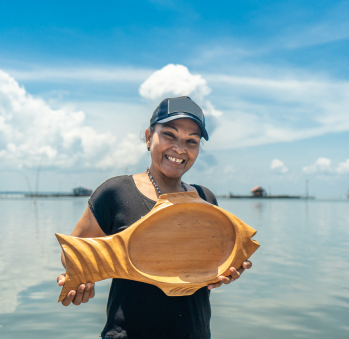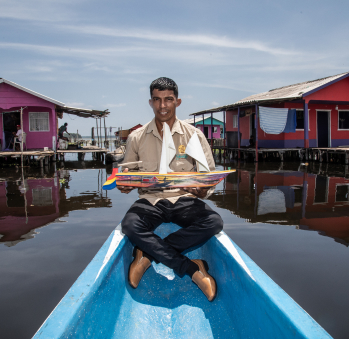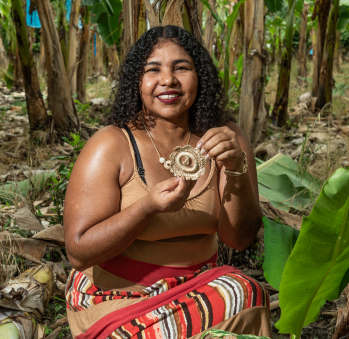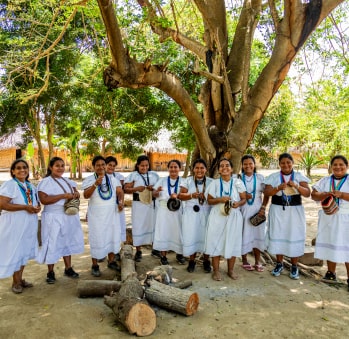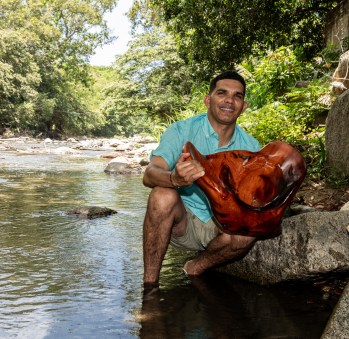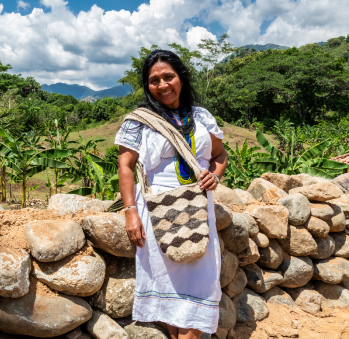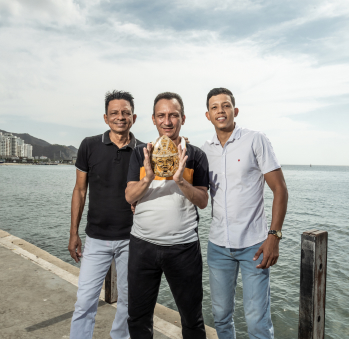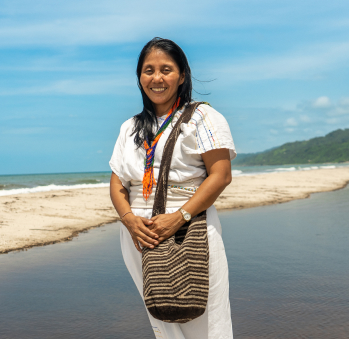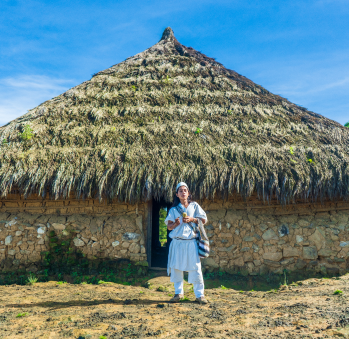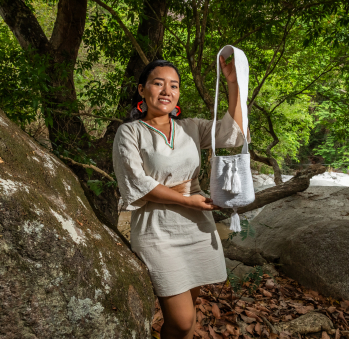Comunidad de Kutunsama
Workshop: ASOEMI
Craft: Tejeduría
Trail: Magdalena Route
Location: Santa Marta, Magdalena
The first thing that surprises you when talking with Alcira Villafaña is her powerful voice. And I am not referring to its volume, but to its tone, intention, and strength when expressing ideas, which are nothing more than Alcira’s way of standing in front of the world. And this should not feel like a commotion, for it is more and more common to find voices of empowered women who lead their communities every day. It was enough to pull back their veils to see that they have always been there. Nevertheless, having come from an indigenous background, her voice does seem strange, since normally they speak quietly and few of them know Spanish, so you feel that Alcira is part of a generation that founded new feminisms. One that, paradoxically, her father, Alberto Villafaña, taught her.
Even though he died very prematurely at the age of 43, when our protagonist was barely 19, this man tried a way of life with the women with whom he lived, his wife Marta Torres and his daughter Alcira, that fought against the aspects of indigenous life that he cared less for —a certain deep-rooted sexism that he sought to break—, thus making of the Villafaña home a cradle of ideas filled with liberties and rights. She first learned about the gender violence that had to be eradicated from him. It was quite a social experiment in their Katanzama community that today can be labeled as successful. Alberto did not only teach his wife to read in order to later encourage her economic independence working as a public servant, but he instilled an entire language to his daughter to get her into places of leadership within her community. And although she regrets losing him at such a young age, the truth is that the foundation he built in her was strong enough to break down the fears that came with suddenly being left without such a father figure. All of this made her be ready to go wherever he wanted her to go.
Alcira recalls a childhood different from that of the other Arhuaco girls. She sees herself proudly watching her father be the only man invited to witness the foundation of the Rural Indigenous Women’s National Association. She also remembers him going with her mom in her wanderings through different places of the Magdalena department as a health promoter, listening to her explain ideas of hygiene and healthy life habits to men and women, so far removed from any call of destiny. There, she saw firsthand how entire communities can be intervened by means of strategies that are filled with volition: sums of intentions, resources, and convincing explanations about wellbeing.
With these two examples at home, she had trained the muscle with which to venture on her own crusade, as she sees it today in hindsight. Because it so happened that she wove —that was something that never stopped happening in her home, since it is part of being Arhuaco— and, as it happens to every weaver, some tourist approached her to ask about her mochilas. If they fared well, the tourists would ask to purchase their wares; what happened more frequently was that the tourists requested their mochilas as gifts. Alcira noticed this dynamic and suffered through it herself. This had to change. Thus started the work of raising awareness on the value of their work, worldview in action, as well as the establishment and strengthening of networks: public work being a solid bridge between two worlds. She became their spokesperson and interpreter. She also began carrying out the necessary proceedings to establish a market route for the Arhuaco mochila bag following the precepts of fair commerce, something she is still doing today. It has been the work of years to give her indigenous brothers and sisters a voice.
Likewise, she includes the dialogue with the authorities of communities to make it so being a woman is not a threat but a plus and so woman is able to decide whether to stay alone, to get a divorce without being judged, or to start a family if she wishes to without losing her autonomy. Because everything that is behind these ideas is weaving. And there is where her feminism stands: one that is worth getting to know in the Katanzama community.
Craft
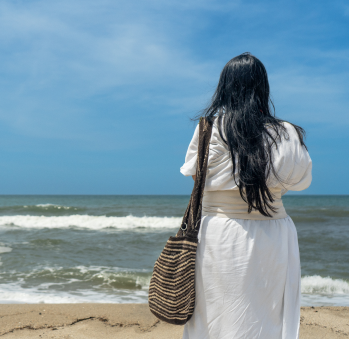
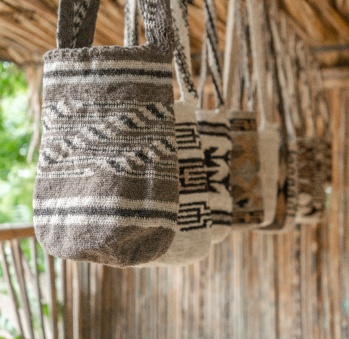
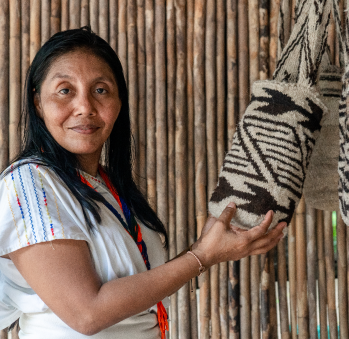
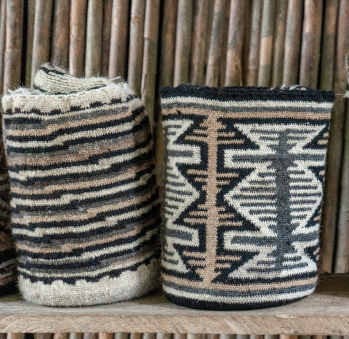
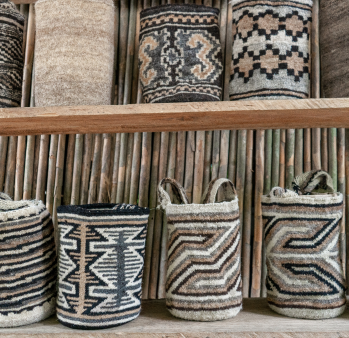
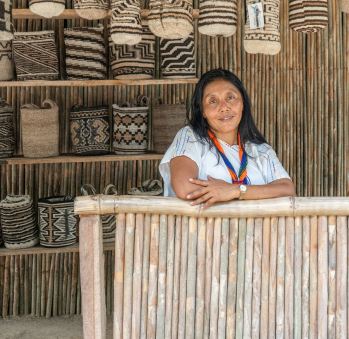






Artisans along the way
Artisans along the way
No puede copiar contenido de esta página

